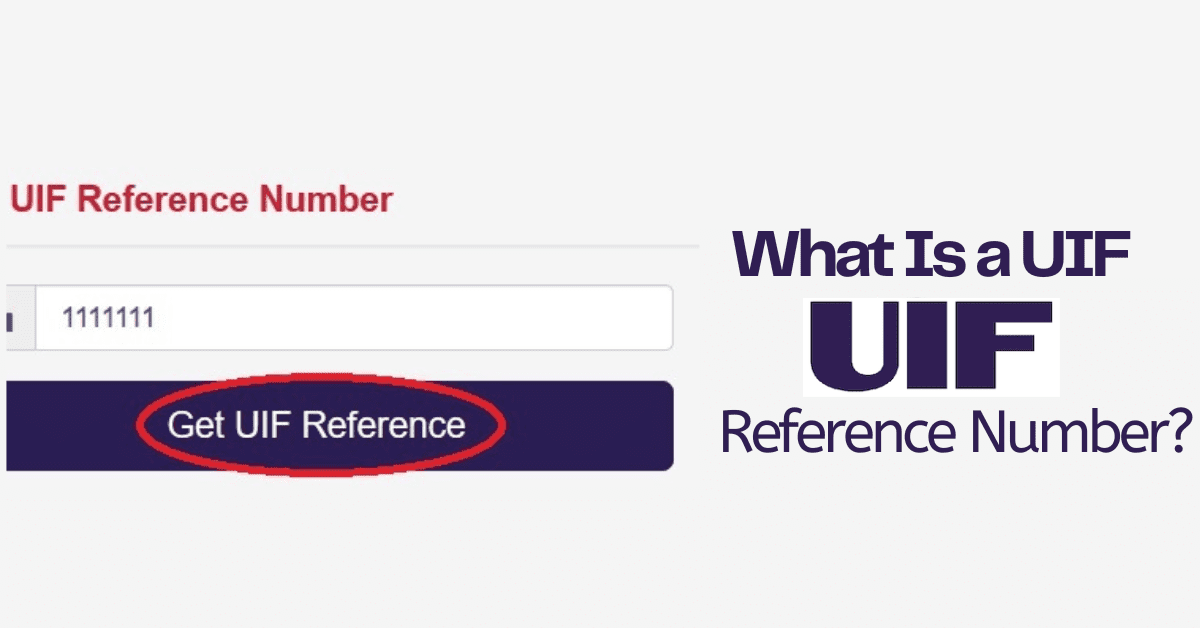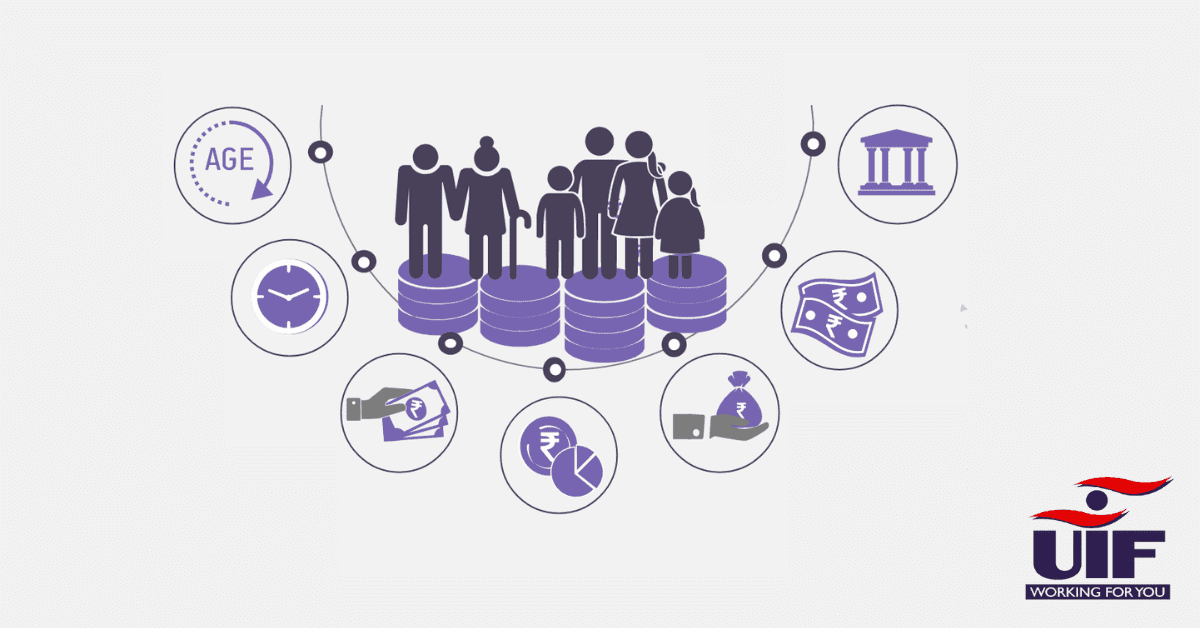The UIF, or Unemployment Insurance Fund, is a social security system in South Africa that provides short-term financial relief to workers who have lost their jobs or cannot work due to illness, maternity, or adoption leave. Employers are required by law to register their employees for UIF and to make monthly contributions to the fund based on a percentage of their employees’ salaries. Calculating that percentage and understanding the maximum threshold for UIF can be complicated, so we’ve compiled this handy guide to help you.
What is the Threshold for UIF?
For 2026, the UIF threshold is R 17 712 per month or R 212 544 annually. This means you will pay a maximum of R177.12, and your employer will pay the same on your behalf ( a total of R354.24), if you earn a higher salary.
The ‘UIF threshold’ is the point at which your UIF contribution is capped. This means you will pay 1% (and your employer matches 1%) of your actual salary amount up to the threshold. After that, you will only pay the capped amount regardless of your actual income.
This can be a difficult concept for people to understand. In effect, you will only pay over R354.24 to the UIF, with R177.12 coming from your earned monies and the rest matched by the employer if you earn over the threshold amount (R17712 per month or more). If your remuneration is less than this amount, you will only pay 1% of your earnings, with the remainder matched by the employer.
What is the Maximum Amount that Can Be Deducted for UIF?
Employers must deduct 1% of an employee’s gross salary and contribute an additional 1% to the UIF fund. This means that the total UIF contribution is 2% of the employee’s gross salary, but you only have the 1% amount removed from your payslip. Your employer pays the additional 1% of their money on your behalf.
A maximum amount of UIF can be deducted, updated and issued regularly by SARS. In 2026, this amount will be R177.12, paid from your earnings and matched by your employer, for a total maximum contribution of R354.24. This threshold has been in place since June 2021, when it was last updated. You can always monitor if there are changes to the UIF amount by checking the SARS website.
Which Employees are Exempt from UIF?
There are certain categories of employees who are exempt from contributing to UIF. These are:
- Employees who work less than 24 hours per month for an employer (i.e part-time workers)
- A foreign government employee is not liable to pay taxes in South Africa. This includes people who are employed in South Africa for less than 12 months and who are not expected to work in South Africa for more than 12 months.
- Employees employed as public servants and government officials, such as civil servants, members of parliament, or members of provincial legislatures, including municipalities and government-funded entities.
- Employees who are employed in the South African National Defence Force (SANDF)
Remember that you will also become ineligible for UIF if you are dismissed for theft, bad behaviour, or certain other conditions- although this does not exempt you from paying UIF.
Is UIF calculated based on gross or basic salary?
UIF contributions are calculated based on an employee’s gross salary. This includes all forms of remuneration, such as basic salary, overtime, bonuses, and allowances. While most taxable income types are included, commissions are not—salespeople will only have their UIF calculated based on their basic and any other eligible payments.
It is important to remember that UIF benefits are also calculated based on an employee’s gross salary. When an employee claims UIF benefits, the benefit amount will be calculated based on the employee’s average earnings over a specified period, considering all forms of remuneration. Remember that you must claim your UIF within 6 months of becoming unemployed.
While the concept of a UIF ‘threshold’ can seem complicated, it is actually very simple. With this guide to help, you hopefully understand the UIF threshold and how your UIF payments are calculated much better. It is a good idea for all people having UIF deducted from their payslips to register on the uFiling website (ufiling.co.za) to regularly check that their contributions are actually being paid over by their employer. This keeps the employer compliant and ensures you can address any irregularities before you need to claim from the fund. While most employers perform their duties above board, this also ensures you will notice if your employer is behaving deceitfully with the due monies.














